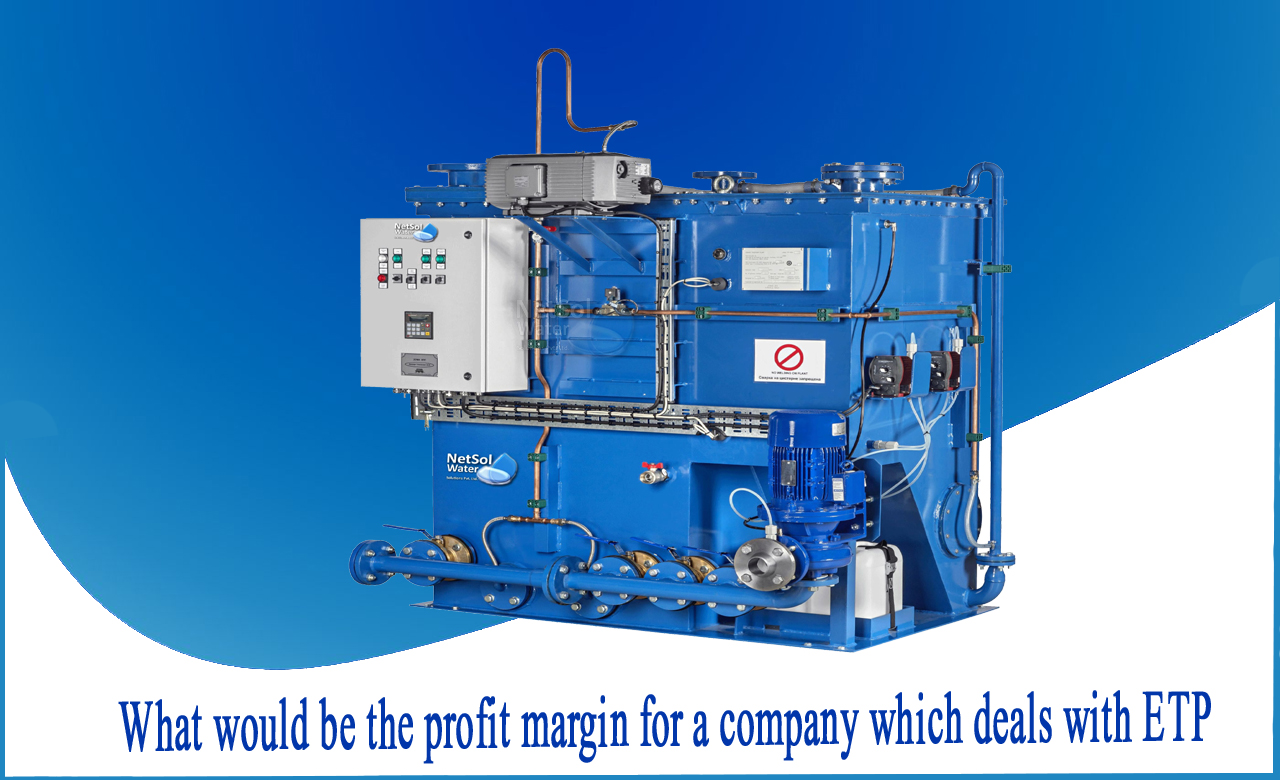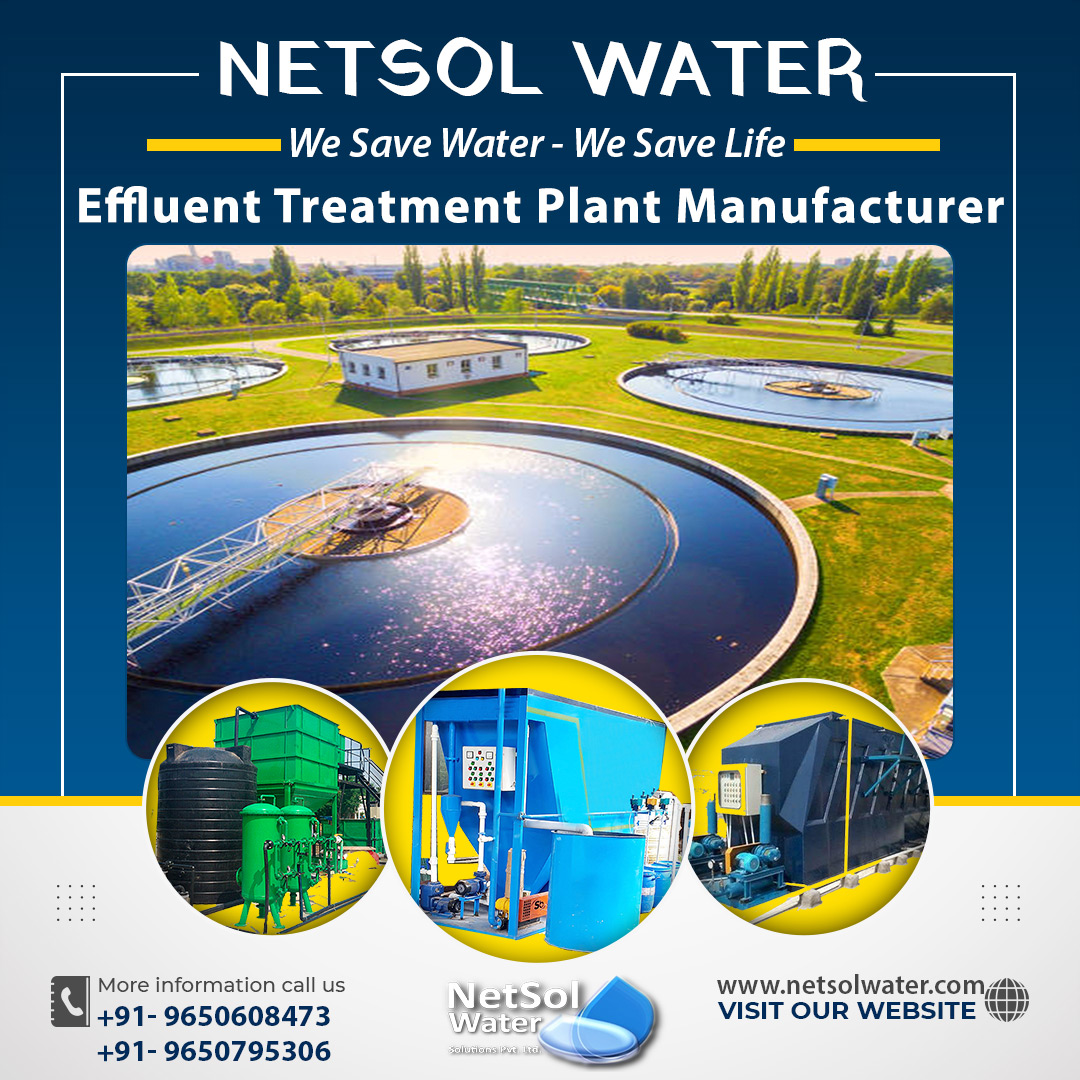What would be the profit margin for a company which deals with ETP?
Increased pollutant loads from developing cities, unsustainable industrialization and food production techniques, better living standards, and inefficient water and wastewater management systems are all contributing to a global water quality catastrophe.
In an urbanizing world, wastewater is both a benefit and a concern. The realization that wastewater is a valuable economic resource capable of producing water, fertilizers, energy, and other important materials and services has fueled efforts to improve water quality and promote proper wastewater management.
Waste is a by-product of economic activity, and it is produced by corporations, governments, and households. Waste is also an economic input, whether in the form of material or energy recovery. Despite the potential benefits of treatment and reuse, however, wastewater management is often viewed as a cost.
Profit benefits connected with waste management
Waste management has financial ramifications for productivity, government spending, and, of course, the environment. Wastewater collection, treatment, resource recovery from wastewater (such as water, nutrients, organic matter, biogas, and energy), and safe reuse are the three types of actions required for wastewater management.
Market and non-market advantages are the two broad types of potential benefits connected with better wastewater management. Most environmental and health advantages are valuable, but unlike most productivity benefits, they cannot be measured in monetary units since market prices do not exist.
Non-market advantages are difficult to assess and require specific economic valuation methodologies, whereas market benefits are clearly recognized and quantifiable. The costs of implementing successful water recycling, safe reuse, or disposal are referred to as cost of action, and they include the expenses of investing, as well as the costs of managing and maintaining the requisite infrastructure.
Valuing internal costs
Projects for wastewater collection, treatment, and reuse must be one-time investments. Instead, they necessitate ongoing operational, maintenance, and rehabilitation expenditures, each with its own set of costs. Gathering and analyzing data, particularly on capital and operating expenditures, is the first step in calculating internal costs.
Valuing external costs
External costs (also known as externalities, environmental and social costs) can be incurred by wastewater collection, treatment, and reuse operations, just like any other project. These are charges that do not include the costs of building, operating, and maintaining wastewater management infrastructure. Individuals or society as a whole can be the bearers of such expenses. External expenses are frequently non-monetary and difficult to quantify, making monetary values difficult to compare. They include factors such as air and water pollution, greenhouse gas emissions (e.g., CO2 and CH4), and environmental annoyances such as noise and foul odors.
What should be the profit margin for a company which deals in turnkey projects?
A waste effluent treatment company's profit margin is determined by a few factors.
If you work in the private, industrial sector and deal with complex waste/disposal streams, a 20–40% margin is standard. To be competitive in the public works market, you'll need to secure projects at a rate of 10 - 12 percent. However, the expected risk profile in the field is low; it is not rare for one or more of these projects to fail. As a result, you end up with a combined project return of less than 5%. The manner public bidding is done, the level of competition (i.e., public works chasers), and the risk profile of the contracts demanded make it difficult to maintain margins during construction and operation.
Are you looking for the most cost effective solution for your water or wastewater?
If that's the case, contact Netsol Water! Our WWT solution purifies wastewater so that it may be reused and safe water can be released into the environment. For effluent treatment, we have a dedicated team of experts. Because each industry produces different types of waste water, the process is tailored to meet the needs of each client.
If you need any technical assistance and guidance, or simply have a query regarding our water and wastewater treatment technology solutions,




